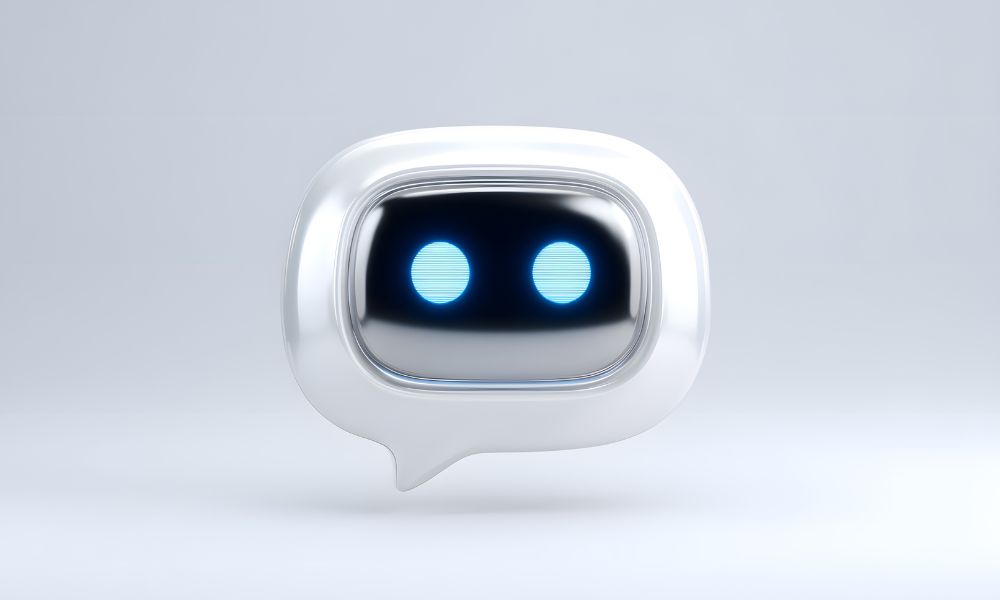Introduction
Lead generation is an essential part of every business growth strategy. With the rise of artificial intelligence, chatbots have become one of the most effective tools for capturing, qualifying, and converting leads. A lead generation chatbot automates conversations, collects valuable customer data, and improves engagement rates. It helps businesses reach potential clients faster while providing a personalized experience. In today’s competitive environment, integrating chatbots into marketing and sales workflows can significantly boost return on investment (ROI) lead generation chatbot.
Understanding Lead Generation Chatbots
A lead generation chatbot is an AI-powered system designed to interact with website visitors in real time. It uses natural language processing (NLP) to understand user intent and guide them through a conversation that gathers information such as names, email addresses, and preferences. Unlike traditional forms or static pages, chatbots offer a dynamic way to engage users and encourage interaction. These chatbots can work across multiple platforms, including websites, social media, and messaging applications, creating a seamless customer journey.
How Chatbots Improve Engagement
Chatbots enhance engagement through instant response and personalized interaction. Research shows that 64% of users expect companies to respond within minutes, and chatbots fulfill this expectation. They are available 24/7, providing consistent communication and reducing wait times. A chatbot can also tailor its responses based on user behavior, offering relevant suggestions, product recommendations, or assistance. This personalized approach increases the likelihood of visitors taking action, such as booking a demo, subscribing to a newsletter, or requesting a quote.
In B2B environments, where decision-making involves multiple stages, chatbots keep prospects engaged by delivering timely information and nurturing leads until they are ready to convert. This continuous interaction helps maintain a connection between the brand and potential clients, improving overall engagement rates.
Enhancing ROI with Lead Generation Chatbots
Implementing chatbots can lead to measurable ROI improvements. Businesses reduce operational costs by automating repetitive tasks like data collection, lead qualification, and scheduling. Chatbots also help in optimizing ad spend. Instead of sending traffic to generic landing pages, visitors interact directly with chatbots that capture intent-based data, increasing conversion rates.
Companies using chatbots for lead generation often experience a 30% to 40% reduction in customer acquisition costs. Additionally, chatbots improve lead quality by segmenting users based on their responses. This ensures that sales teams spend time on high-value prospects, improving efficiency and closing rates. When integrated with CRM systems, chatbots automatically update lead information, minimizing manual data entry errors.
Integration with Marketing and Sales Systems
A successful chatbot strategy involves integration with marketing automation and CRM tools such as HubSpot, Salesforce, or Zoho. Through these integrations, chatbots can track visitor behavior, follow up with personalized messages, and trigger automated workflows. For example, if a visitor shows interest in a particular service, the chatbot can automatically send relevant resources or schedule a meeting with the sales team.
Integration also enables data-driven decision-making. Marketers can analyze chatbot conversations to identify customer needs, optimize messaging, and refine targeting strategies. This analytical insight helps businesses adjust campaigns in real time to improve results.
Future of Chatbots in Lead Generation
The future of lead generation chatbots is shaped by advancements in machine learning and natural language understanding. Chatbots are becoming more context-aware, capable of holding human-like conversations, and predicting user behavior. Voice-based bots are also emerging as powerful tools for lead engagement, particularly in industries like finance, healthcare, and real estate.
As customer expectations evolve, businesses that adopt intelligent chatbots will gain a competitive advantage. With continuous learning capabilities, future chatbots will handle complex customer queries, offer predictive recommendations, and improve overall conversion performance.
FAQ
What is a lead generation chatbot?
A lead generation chatbot is an AI-driven tool designed to engage website visitors, collect information, and qualify potential customers through automated conversations.
How do chatbots increase engagement?
Chatbots provide instant responses, personalize interactions, and keep users engaged through relevant recommendations and 24/7 availability.
Can chatbots improve ROI?
Yes. Chatbots reduce manual labor costs, increase lead conversion rates, and optimize ad spending, resulting in a higher return on investment.
Are chatbots suitable for all industries?
Chatbots can be customized for various industries, including e-commerce, real estate, healthcare, and B2B services, depending on business needs and target audiences.
Conclusion
Lead generation chatbots are transforming how businesses interact with potential customers. They streamline communication, enhance engagement, and deliver measurable ROI improvements. Through intelligent automation, companies can save time, reduce costs, and capture high-quality leads. As AI continues to evolve, chatbots will play an even greater role in building efficient, data-driven lead generation systems. Businesses that embrace this technology will strengthen their sales pipelines and achieve sustained growth in the digital marketplace.
